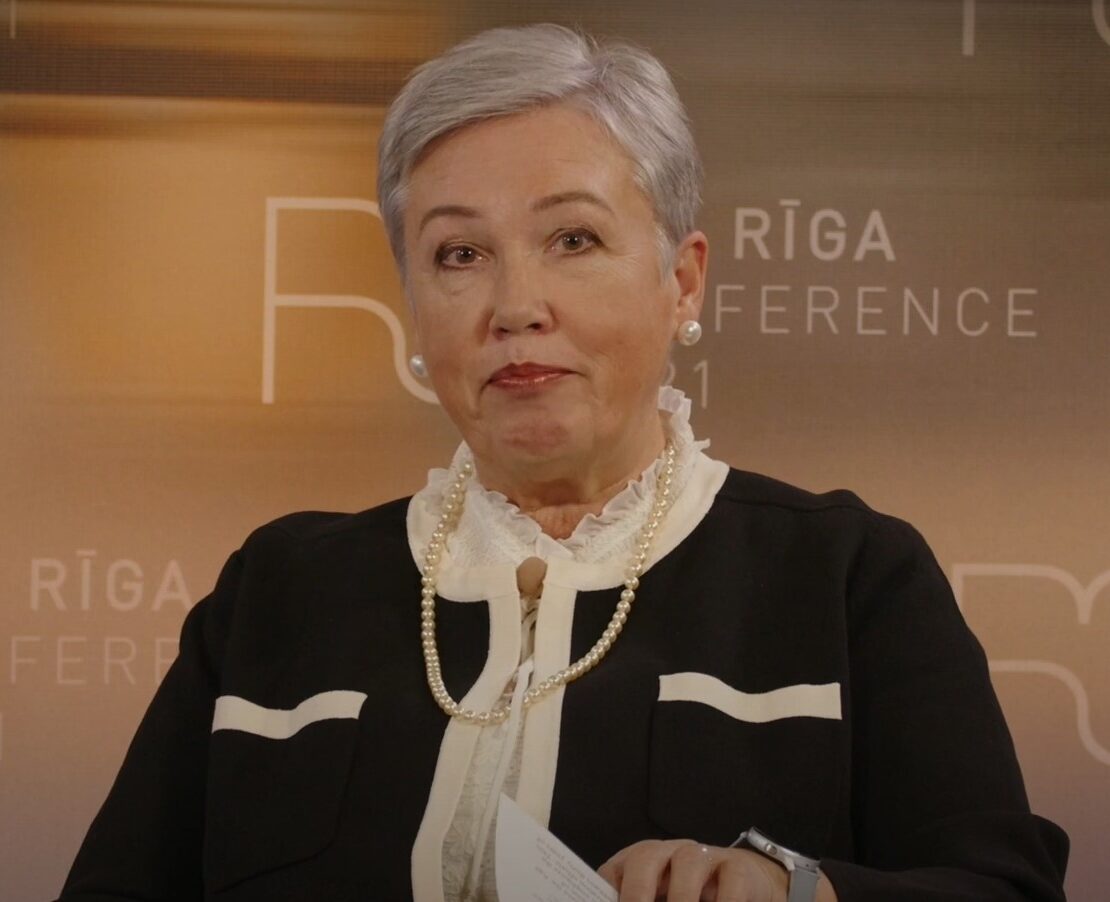Panel Participants:
Dr Vaira Vīķe- Freiberga, President of the Republic of Latvia from 1999 to 2007
Nguyen Anh Tuan, CEO of the Boston Global Forum, Director of the Michael Dukakis Institute for Leadership and Innovation, Co-Founder of the AI World Society Innovation Network, Co-Founder of AIWS City
Paul F. Nemitz, Director for Fundamental rights and Union citizenship in the Directorate-General for JUSTICE of the European Commission
Alex `Sandy’ Pentland, Director of the Human Dynamics Laboratory, MIT’s, Director of the MIT Media Lab Entrepreneurship Program, Co-Leader of The World Economic Forum Big Data and Personal Data Initiatives, Founding Member of The Advisory Boards for Nissan, Motorola Mobility, Telefonica
Thomas Patterson, Research Director of The Michael Dukakis Institute for Leadership and Innovation, Professor of Government and the Press of Harvard Kennedy School, Distinguished Contributor to the Book “Remaking the World – Toward an Age of Global Enlightenment”
Moderator:
Prof Žaneta Ozoliņa, Chairwoman of the Latvian Transatlantic Organisation
The discussion was started by noting that there is a growing consensus on societies across the world becoming more disconnected. There is an increasingly polarized and bombarded with disinformation, creating a digital underclass with no easy answers from the rule of law.
In response, the first discussant highlights how there is an urgent need to expand the ideation process of societies to a wider spectrum of participants, away from the elite. It is also critical that modern societies have enlightened people, and the means by which they can be formed is traditional education but also – as soon to be presented by a UNESCO group – by practicing these ideological critical thinking processes. This requires taking on a much more holistic view of the current influences in the enlightenment of societies, especially the digital sources from which individuals draw information, but also how they continue to share it.
The next discussants took on the theme of governance, discussing the concept of next-generation democracy. Digital technologies have gone through the fashion of an absence of laws, which until very recently created the many problems that have now appeared in the digital environment. Democracy and rule of law must also be practiced in reality – the conclusion In Brussels is that the laws must be as strong as possible to shape the future of governing the internet. Thus, the upcoming rules are about controlling competition in the internet as well as the content on it – as more than half of all people in the west draw their ideological inspirations from the internet, it is critical to make cyberspace conducive to democracy. Practically, the EU, which is a standard setter in data governance is creating very concrete rules for digital processing and artificial intelligence.
The next discussant set out two issues – freedom and accountability. Freedom is central to the issue of social contract. As data processing was disappearing through centralization and the economies of scale, which made things more efficient but also ends up marginalizing minority communities. This is one of the reasons for much discord in the world right now. The alternative is to allow a lot of autonomy – that is what AI allows society to do, by having the capacity to efficiently allocate autonomy to communities and make them more inclusive. Thus, enlightenment also should allow individuals to participate in the process of deciding rules for themselves. The second aspect – accountability – is often ignored but is critical for stakeholders to be able to understand the reasoning behind decisions. Much of this accountability is hidden behind data ownership rules, yet there are ample comparisons where governments do require data across a variety of critical sectors, like telecommunications or finance. Digital companies need to have regulation that sets more autonomy to better understand defects in the ensuing systems.
The discussants then discussed how to place the rights and interests of ordinary citizens at the center of governance and a practical experiment of new solutions can be created. A virtual city is being created that anyone can access with free education, discussion forums, seminars from politics, business, philanthropy, academia. The virtual environment will have a market, innovation hub to help small businesses to build their brands and help them enter the digital space. These are a few examples, but the virtual city will be a test of how AI can practically enlighten individuals in the modern digital world.
Remaking The World- The Second Age Of Enlightenment. The United Nations 2045

